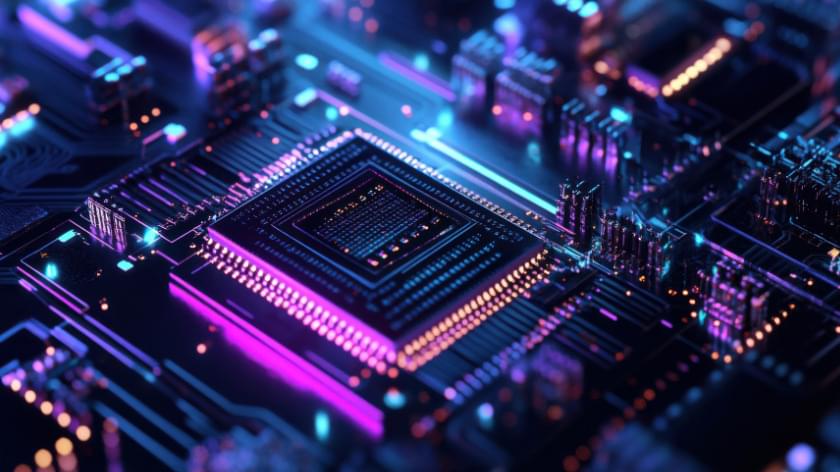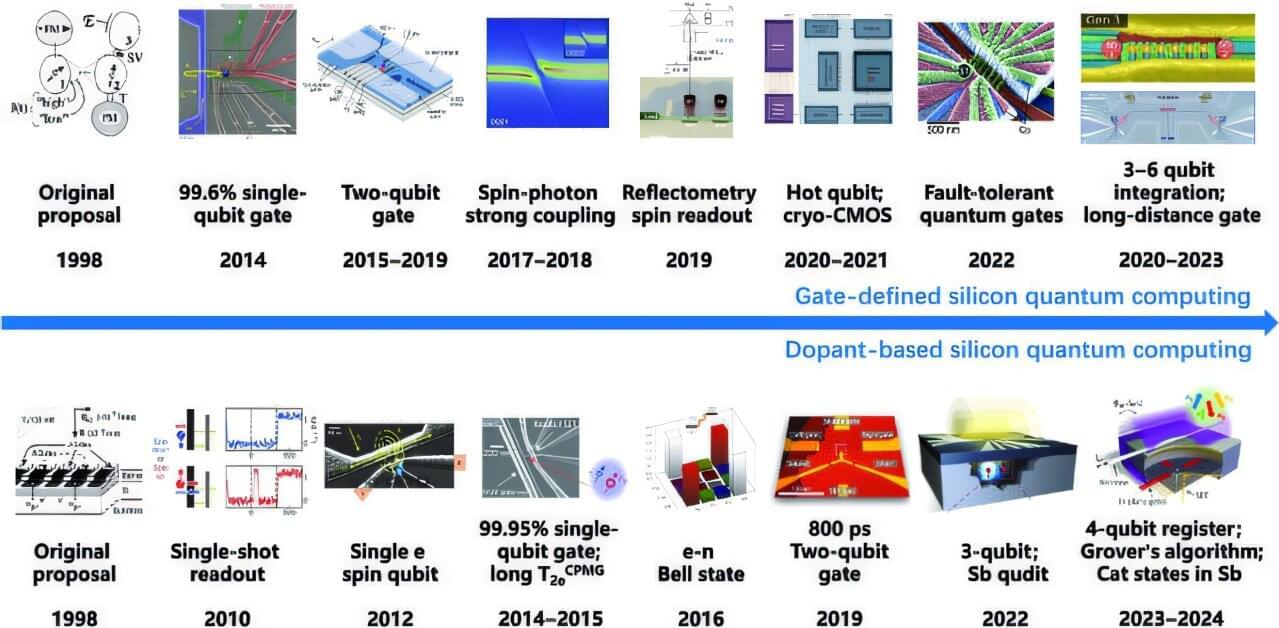New findings in Nature reveal how age-related gut changes fuel the growth of pre-leukemic blood cells. Scientists at Cincinnati Children’s along with an international team of researchers have discovered a surprising new connection between gut health and blood cancer risk — one that could transform how we think about aging, inflammation, and the early stages of leukemia.
As we grow older — or in some cases, when gut health is compromised by disease — changes in the intestinal lining allow certain bacteria to leak their byproducts into the bloodstream. One such molecule, produced by specific bacteria, acts as a signal that accelerates the expansion of dormant, pre-leukemic blood cells, a critical step to developing full-blown leukemia.
The team’s findings — published April 23, 2025, in the journal Nature — lay out for the first time how this process works. The study also suggests that this mechanism may reach beyond leukemia to influence risk for other diseases and among older people who share a little-known condition called clonal hematopoiesis of indeterminate potential (CHIP).









